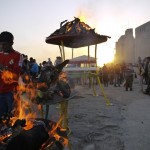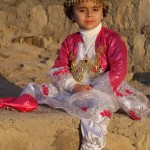Anniversaries are popular, and seventy has a good ring to it, so it was no surprise the other day to find tour buses at Alamein carrying tourists, that most rare of specie in Egypt this past couple of years.
It is also no surprise that the anniversary has spawned a plethora of articles, each trying for the fresh angle to recreate atmosphere and interest: a different regiment or some soldier whose bravery in battle is the stuff of legends, and probably is.
One article opens: ‘A sullen atmosphere pervades the battlefield of El Alamein, its empty wastes evoking little of the monstrous struggle that took place here 70 years ago,’– Utter nonsense!
Alamein is thriving these days, the North Coast resorts heave with Egyptians escaping the summer heat. The villas may look like ‘depressing lines of concrete from the road’ – a quote from another article on Alamein – but they translate into villas for all tastes on the shoreline: the fantastical, the glitzy and the unpretentious.
Hotels and eateries are hard to find outside the summer season that ends strictly at end September annually closing all the shops. The foreign tourists come outside of this time, high season being from September to March, but they consume nothing. Staying a bare couple of hours from their cruise liners docking at nearby Alexandria.
Other articles assert that the desert there are ‘empty wastes’. Would that they were! apart from cute Fennec foxes, the troops had to contend with not so cute deadly snakes and scorpions among many other creatures who call this area home.
Couple this with the sand storms, the relentless sun with little shade, the mosquitoes, the flies, the fine sand pulverizing from exploding shells and ordinance, and you begin to understand why such an inhospitable theatre brought out the humanity of the troops, both friend and enemy. It was one thing to kill the enemy with bullets or shells, quite another to let your foe die of thirst or lie unburied. It was a courtesy on both sides to bury the enemy dead and remove the dog-tag to pass later to the Red Cross.
The memorials to the unknown soldiers and airmen number greatly more than those named beneath tombstones –11,874 unknown to 7,367 recorded at the Commonwealth war graves cemetery alone. Axis deaths were higher. The separate memorials to the fallen of German, Italian and Greek are hauntingly restrained and dignified.
Even a cursory walk between the ordered headstones at the Commonwealth grave site demonstrates the breadth of nationalities drawn into this theatre of war. I saw New Zealanders; Australians; Canadians; Free French, Dutch, Polish; East Africa , Indian and Pakistani regiments, Scots and English Regiments; South Africans. Religion is no separator either: Christians, Jewish, Hindu, Muslim all served, and their tomb stones symbolize their faith above name, country and regiment along with commemoration by loved ones left behind.
So many nationalities engaged in the crucial series of battles just 170 km from Alexandria. The stakes for all sides were huge. Egypt and access to Suez and the oilfields of the middle east for Germany; hegemony of the Mediterranean and an empire reaching down to East Africa for Italy; The Egyptians because the war had come to them and they were bound by treaty to Britain; Britain because of Suez and access to India and the Far East.
Churchill, that great wordsmith, wrote after the war: “Before Alamein there were only defeats, after Alamein there were only victories” has quite a measure of truth to it. The allies simply could not afford to lose Suez. Their backs were against the metaphorical wall.
Events were much skewed in favour of the Allies for two major reasons: their supply lines were short –Axis logistics stretched through Tobruk to Libya and were thus very vulnerable to inevitably harassing by the Long Range Desert force – and more men and firepower. The Axis troops were simply outgunned by 2:1. The Americans may not have been physically fighting there, but the open air section of the Military Museum eloquently point to American backing translated into Sherman tanks and transporters.
The war may have finished, but the desert remains dangerous still. The Lonely Planet Guide laconically dissuades the military buff from touring the Alam al-Halfa or Ruwisit Ridges by mentioning the number of landmines still in the sand and unmarked.
Knowing how much materiél was found by those exploring for oil in Eastern Libya around Tobruk and Sirte basis, and ‘put beyond use’ by the Libyan military, I can well imagine that LP is not exaggerating.


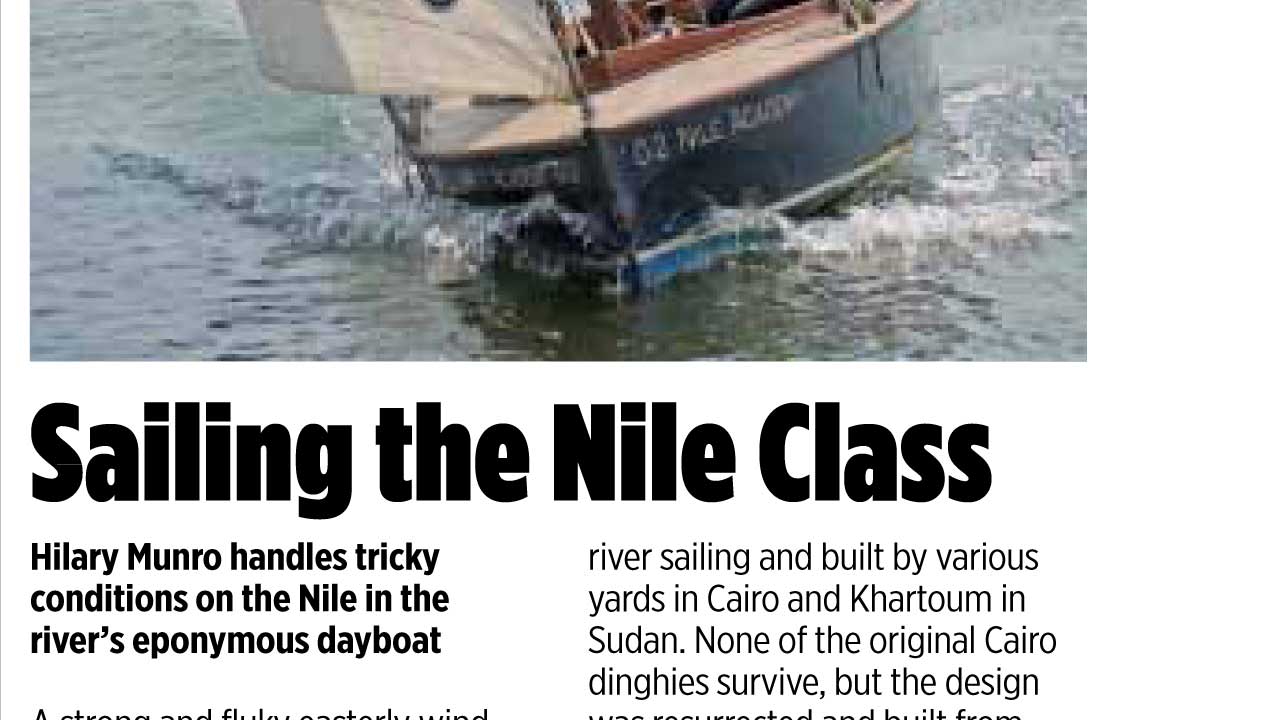
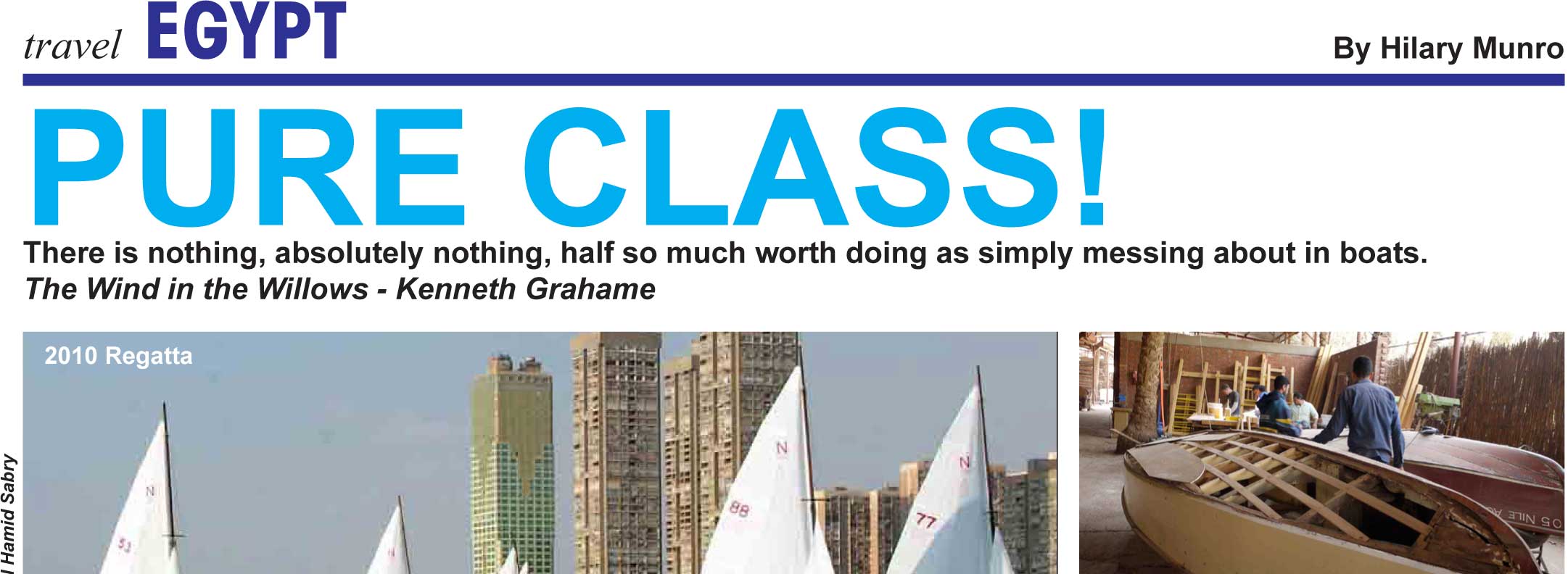
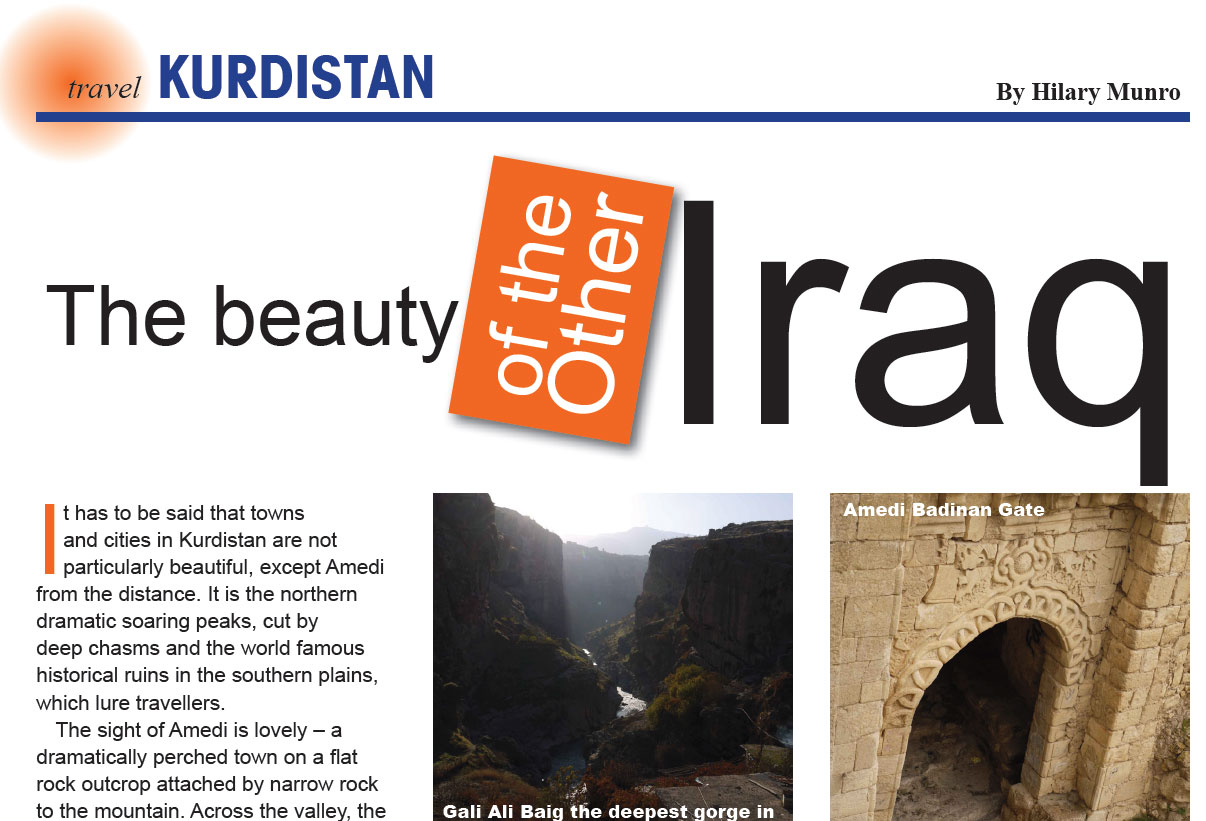 More
More